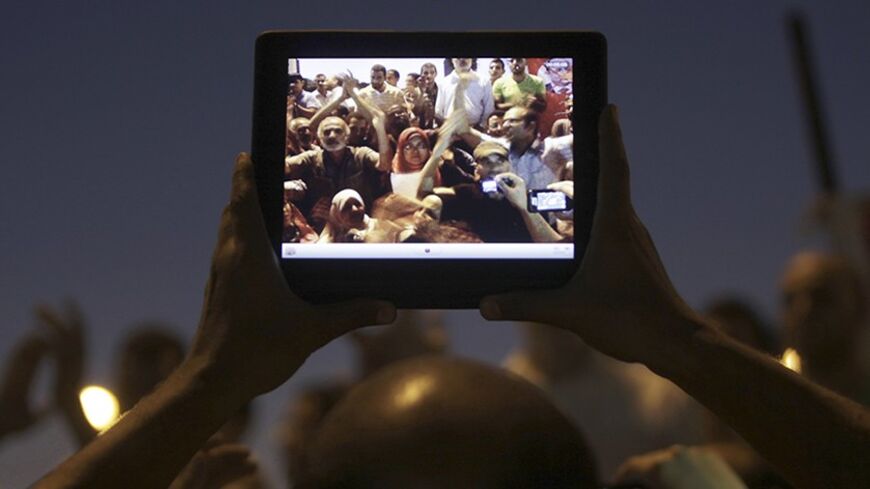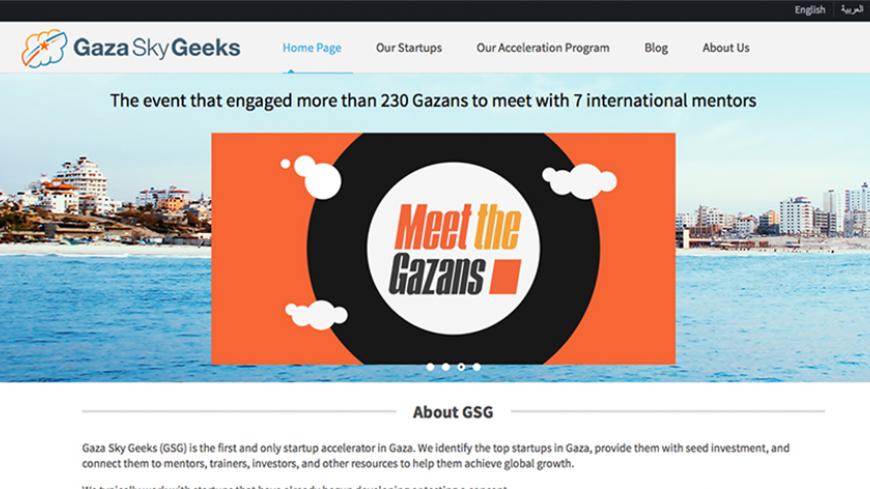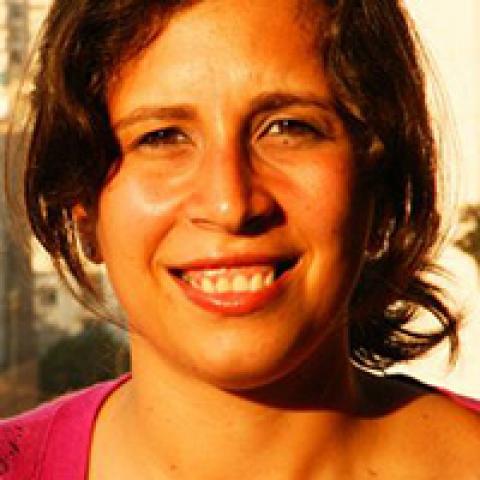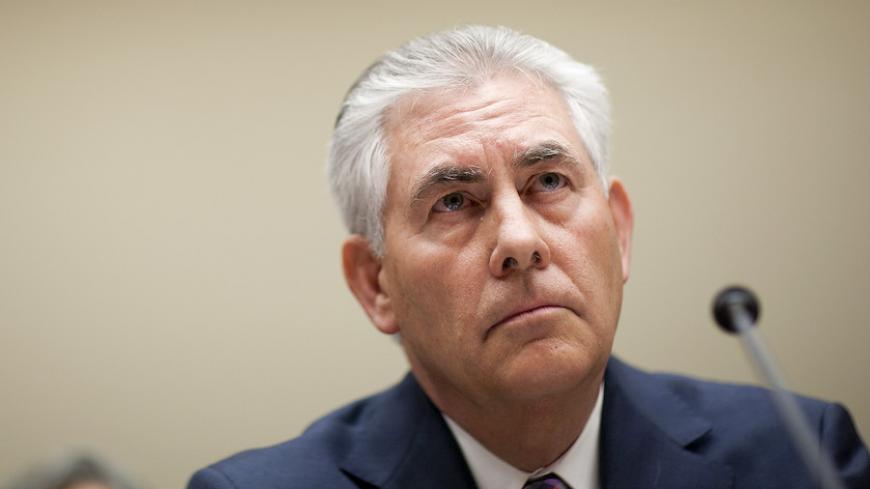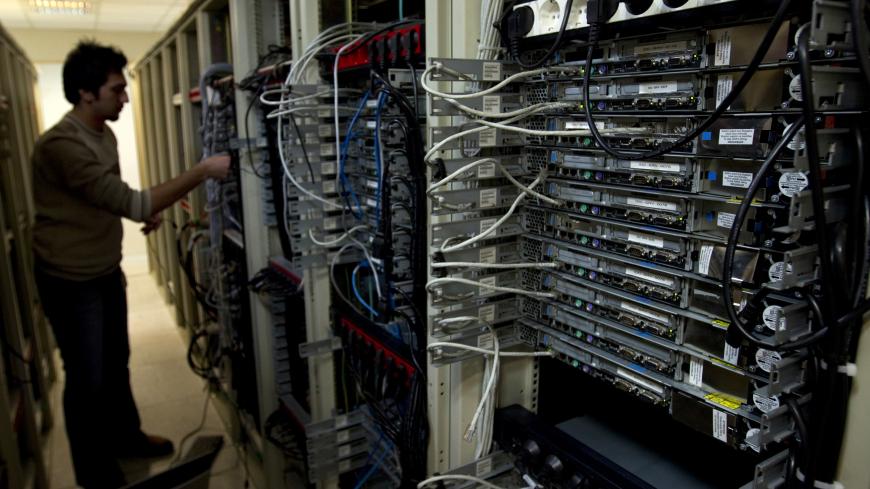US CEOs find crowded field in Iran
A group of American executives found a warm welcome in Iran and plenty of company from other foreigners investigating post-sanctions business opportunities.

Ned Lamont thought he would be a pioneer when he set off earlier this month on his first trip to Iran, but the Connecticut businessman and former politician discovered otherwise when he walked into the Parzian Azadi Hotel in north Tehran.
“I thought we would be like Livingstone,” Lamont told Al-Monitor, referring to the famous 19th century explorer of Africa. But “everybody is already in Iran. There were groups from 20 different countries.”



